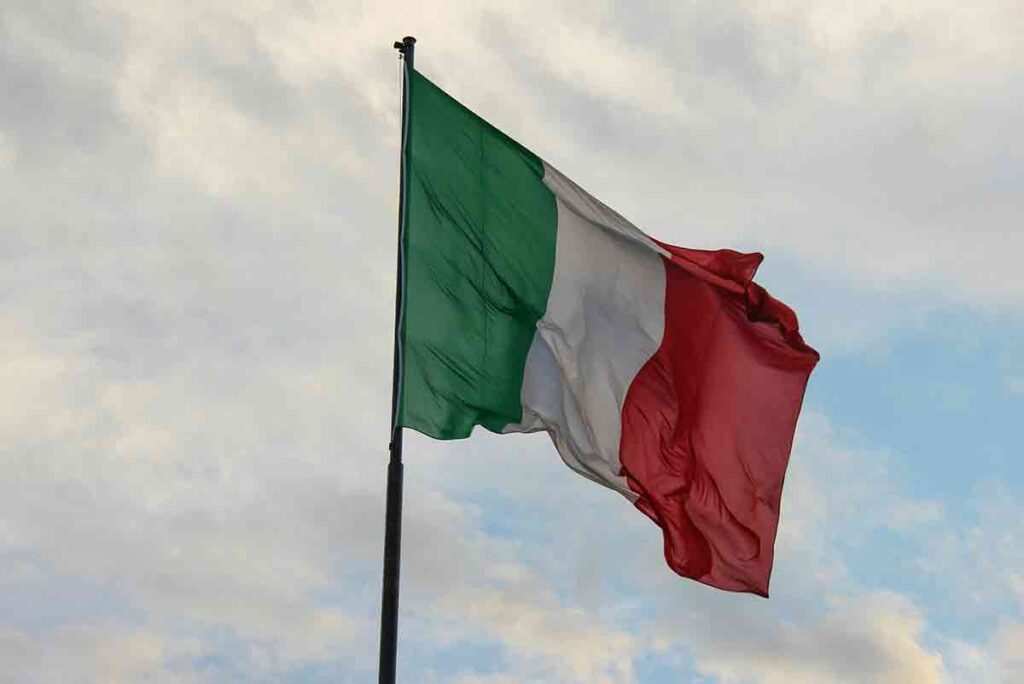Italian citizenship
If you were born abroad, have Italian roots, and are thinking about applying for Italian citizenship, there’s some big news you need to know. The Italian government has just changed the rules—what used to be almost automatic now requires more precise, stricter criteria.
It’s no longer just about “having Italian blood”—you must show a real, tangible connection to Italy. In other words, having a great-grandfather from Palermo isn’t enough to claim citizenship if you’ve never actually set foot in the country. Here’s a straightforward breakdown of what’s changing, what’s staying the same, and what you should know to avoid unpleasant surprises.
Before 2025: No generational limits for Italian citizenship by descent
Until March 2025, the principle of jus sanguinis (citizenship by bloodline) applied with no generational restrictions. That meant:
- Any descendant of an Italian citizen could apply for Italian citizenship—even those in the fifth, sixth, or seventh generation.
- No connection to Italy was required: it was enough to prove descent with official documents (birth and marriage certificates, etc.).
- Applications could be submitted through consulates without needing to live in Italy or speak the language.
- Applicants weren’t required to show they had exercised any “rights or duties” in Italy.
The result? Thousands of South American, North American, and Australian applicants were granted Italian passports—often without living in Italy.
Starting in 2025: here’s what the new rules say

The Italian government has tightened and clarified the eligibility criteria with the decree-law of March 28, 2025, and the accompanying legislative proposals. Here’s what’s changing, point by point:
- Two-Generation Limit for Automatic Recognition: Automatic Italian citizenship now applies only if you have:
- At least one parent born in Italy, or at least one grandparent born in Italy.
- Proof of a Real Connection to Italy Required: Applicants must demonstrate a genuine link to Italy. This can be proven if:
- One parent lived in Italy for at least two consecutive years before your birth, or you have been legally residing in Italy for at least two years.
- Citizenship Can Be Lost for “Non-Use” ff you were:
- Born abroad,
- Hold another citizenship,
- Have not lived in Italy or had any active connection (voting, taxes, residence, public services) for 25 years; You may lose your Italian citizenship due to a prolonged lack of ties to the country.
- Your birth Certificate Must Be Registered by Age 25: To request citizenship, your birth certificate (if born abroad) must be registered in Italy before you turn 25. After that age, your connection to Italy is presumed to no longer exist.
- Stronger Support for Return Immigratio: Minor children of Italian citizens will automatically become citizens if they are:
- Anyone who lost their Italian citizenship can reclaim it—but only if they reside in Italy for at least two years.
- Those with at least one Italian grandparent (or someone who once held Italian citizenship) will be eligible for citizenship after three years of legal residence in Italy (compared to five years for EU citizens or ten for non-EU citizens).
Already a citizen? You’re safe
There will be no changes for those who obtained Italian citizenship before March 28, 2025.
Applications submitted by 11:59 PM on March 27, 2025, will be processed under the previous rules.
What you should do now
If you are planning to apply for Italian citizenship by descent, check these key points right away:
- What’s your exact relationship with your Italian ancestor?
- Have you or a parent ever lived in Italy?
- Is your birth certificate already registered in Italy? If yes, when?
- Do you have another citizenship that protects you from becoming stateless if your application is denied?
Tips for you
If you meet the new criteria, gather your official documents now.
And if needed, consider spending time in Italy to strengthen your “effective connection” to the country.
For more details, click here

If you’re considering moving to Italy, read this to learn about the incentives for relocating to Trentino. Read more…